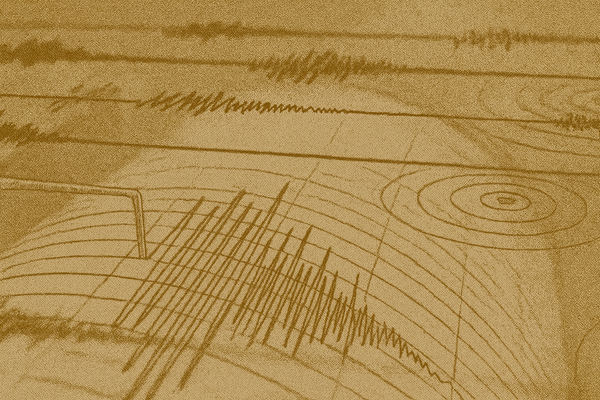Based on coverage from CBC, CTV, and TimesColonist.
British Columbia's coastal residents can breathe a sigh of relief after a 7.8-magnitude earthquake struck the Pacific Basin near Russia's Kamchatka Peninsula on Thursday. Despite initial concerns, provincial officials have confirmed there is no tsunami threat to B.C.'s shores.
The quake, which hit at 11:58 a.m. Pacific Time, was located about 410 kilometres southwest of Bering Island, Russia. It was a significant seismic event, but thankfully, the U.S. National Tsunami Warning Center quickly assessed that no zones of coastal British Columbia were at risk. This reassurance came as a relief, especially given the recent history of seismic activity in the region.
Just seven weeks ago, B.C.'s coast was under a tsunami advisory following an 8.8-magnitude earthquake in the same area. That quake was one of the eight most powerful recorded since 1900, and it left many on edge about the potential for future seismic events. Thursday's quake, according to the U.S. Geological Survey, was the largest aftershock of that July tremor, surpassing a 7.4-magnitude aftershock recorded in September.
The science behind these quakes is fascinating, if a bit nerve-wracking. The aftershock resulted from shallow reverse faulting, a process where the Pacific Plate is moving west-northwest relative to the North American Plate. This tectonic tango is what keeps geologists on their toes and coastal residents checking their emergency kits.
While B.C. was spared, the quake did trigger a tsunami advisory for Alaska’s Aleutian Islands. The advisory was issued shortly after the quake, but as of 1:08 p.m., it remained limited to that region, with no further threats to other parts of North America.
For those living along the B.C. coast, this event serves as a reminder of the region's vulnerability to seismic activity. It underscores the importance of being prepared, even when the immediate threat is minimal. Emergency management offices continue to emphasize the need for readiness, encouraging residents to have plans and supplies in place.
In the end, while Thursday's quake was a powerful reminder of nature's unpredictability, it also highlighted the effectiveness of modern monitoring systems and the swift communication between international agencies. For now, B.C.'s coastal communities can return to their daily routines, with a renewed appreciation for the forces at play beneath the ocean's surface.








